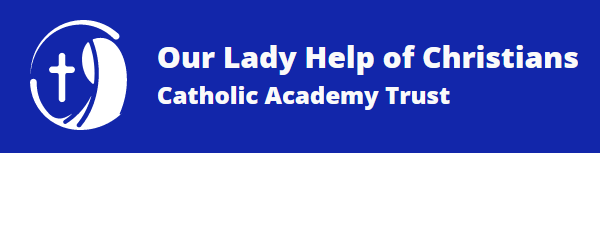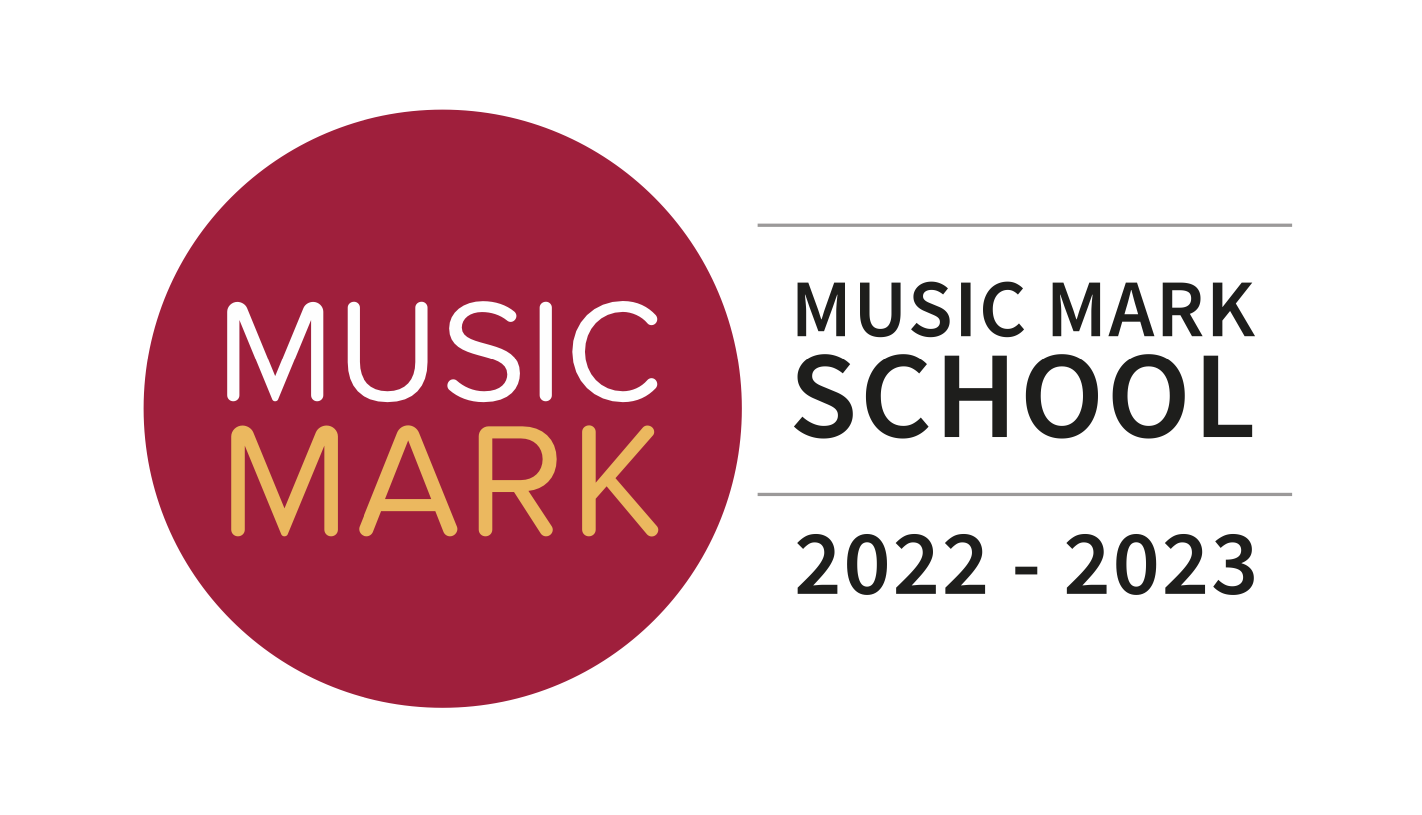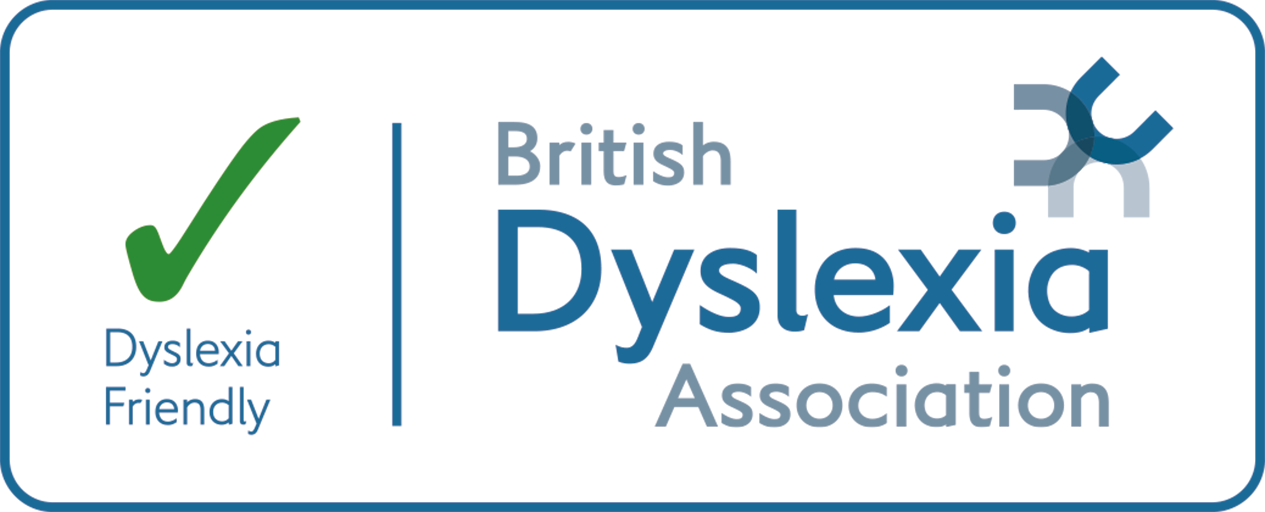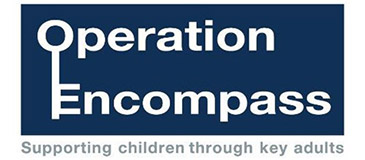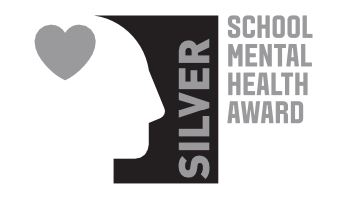Collective Worship Policy – Mission Statement
Collective Worship Policy – Mission Statement
“I have come that you may have life and have it to the full.” John 10:10
Ellesmere Port Catholic High School aims to provide a Roman Catholic education in an environment within which all members of the community are encouraged to develop their spiritual, moral, academic and physical potential, based on the teachings of Jesus.
We will strive to:
· Be a welcoming community
· Promote the dignity and worth of each person
· Recognise and celebrate achievement
· Foster an understanding that each individual has a contribution to make on a daily basis
· Provide opportunities for all to participate in prayer and worship
· Share in the life of the local and wider community
· Promote justice and peace
· Encourage tolerance, patience, forgiveness and trust
· Have a genuine concern for others through empathy, co-operation and understanding
· Support those in need
· Do our best
· Promote British values
Through our actions we will try to be a witness to Jesus Christ.
“If the Lord does not build the house then its labourers toil in vain.” Ps. 127
Our school’s vision is:
· To promote the dignity and worth of each person
· To have a strong catholic Ethos
· To ensure every child is known
· To have high expectations of everyone
· To have excellent leadership at all levels
· To provide excellent teaching
· To encourage exemplary behaviour and personal standards
· To be at the heart of the community
· Promotion of British values
Legal requirements
The Education Act 1996 requires that all students attending a maintained school shall take part in an act of collective worship on each school day. Schools can provide an act of collective worship in a variety of ways from a structured assembly programme to a series of thoughts for the day or readings that provide students with an opportunity to think and reflect.
1. Introduction to collective Worship at EPCHS
Pope Benedict XVI stated in September 2010 that “education is not and must never be considered as purely utilitarian. It is about forming the human person, equipping him or her to live life to the full – in short it is about imparting wisdom. And true wisdom is inseparable from knowledge of the Creator, for “both we and our words are in his hand, as are all understanding and skill in crafts” (Wis 7:16)”
Collective worship at EPCHS goes beyond the statutory requirement for a daily act of worship for all pupils. Worship in this school is Christ centred and an integral part of school life rooted in the Catholic tradition, reflecting the values of the Gospel.
Collective worship should be defined in broad terms as those opportunities offered for pupils and staff to come together to pray and worship God. It is through these acts of communal worship that we may come to a fuller appreciation of ourselves, and of our relationship with God and others, while allowing us to reflect on what is of value and importance in our lives. All members of our school community have opportunities for prayer and reflection and both sacramental and non- sacramental liturgies.
There are many opportunities for the school community (pupils, staff, governors and parents) to share in the liturgical life of the school. Some occasions will be voluntary but encouragement is given to all to participate using their own gifts and talents. Acts of collective worship occur in year assemblies, form time morning prayer, staff briefing prayers/reflection, prayers before meetings, reconciliation services and weekly Masses.
2. Aim
To nurture an environment in which, and provide opportunities for, the members of our school community to express their belief through organised and collective acts of worship.
3. Rationale
Collective Worship is held for the following reasons;
To celebrate our faith
To provide opportunities for staff and pupils to come together to worship God
To provide Eucharistic and non- Eucharistic liturgical experiences
To involve as many people as possible in the preparation and delivery of prayer and liturgy
To reflect upon our needs, hopes and those of our school family and the world we live in.
To recognise each person’s uniqueness and value
To celebrate and educate the whole person, not only academically but morally and spiritually
To provide opportunities for the pupils’ spiritual, moral, social and cultural development.
4. Guidelines
The expectation is that pupils will participate in a daily act of Collective worship in form or in an assembly.
The expectation is that every child will have the opportunity to be involved in the preparation of a Mass and assemblies.
To facilitate meaningful and reverent acts of worship to take place, guidelines for the preparation and delivery of assemblies and morning prayers have been produced.
5. Expectations
Pupils are expected to:
Participate in acts of collective worship in a respectful and reverent way.
Parents are expected to:
Promote a positive attitude towards Collective Worship.
Staff are expected to:
Ensure that acts of worship are in accordance with the rites and practices of the Catholic Church
Ensure that there are opportunities for quality Collective Worship to be delivered.
Ensure that an appropriate time is allocated for Collective Worship and that the scheduled for the day is followed.
Pastoral Leaders are expected to:
Ensure that Form Tutors hold acts of collective worship
Monitor the quality of the acts of collective worship in Form periods.
The AHT for Quality Assurance.
Ensure that the Collective Worship Policy is fully implemented
Evaluate the impact of this policy on the quality of Collective Worship.
The Governors are expected to;
Ensure that Collective Worship is delivered and monitored in accordance with this policy.
Ensure that any adult leading Collective Worship has been appointed with the understanding that they are able to fully support the Catholic nature and ethos of the school.
6. Assemblies
Assemblies contribute in a special way to the ethos of EPCHS by:
Recognising key liturgical themes throughout the year.
The use of Scripture, prayer.
Sharing common aims and values.
Celebrating achievement and special times.
Exploring together the world in which we live.
Developing a community spirit.
Developing pupils own spirituality.
Reflecting on what it means to be human.
Reinforcing positive attitudes.
All assemblies support the Catholic Life and Ethos of our school. They all start with the sign of the cross and a lighted candle is a reminder of the presence of Jesus amongst us. They include Bible readings, prayers and opportunities for thought and reflection. Pupils are also asked to respond to what they have heard by being given a mission; some way of acting on what they have heard. Our assemblies also play an important part in the school Personal, Social and Health Education programme by looking at important social and moral issues. Often assemblies will be followed up across the wider life of the school. Examples of this are:
Anti- Bullying week, Raising achievement, Charity Fund raising, Behaviour for Learning and Remembrance.
All students attend one assembly a week. The assembly rota for the current school year is outlined in the table below. On Wednesdays when Mass is celebrated, the year group attending Mass will have their assembly at a different time.
Day Assembly
Monday Year 7
Tuesday Year 8
Wednesday/Mass Year 9
Thursday Year 10
Friday Year 11
The school assembly pattern follows a series of themes throughout the year and is taken by the Headteacher, members of the Senior Leadership Team, Pastoral Leads, Chaplains and other staff on a rota basis. The assembly themes for the current academic years can be found in the staff handbook.
7. Form Time
The tutorial programme is delivered by the form tutor during form time on four out of five mornings per week. There are four prayer themes for each of the days when a year group is not attending an assembly or Mass.
Day Focus
1. Theme of the week
2. Traditional prayers of the Church
3. Pupil/staff led prayer
4. Pope Francis Friday
Focuses are designed to consider a range of issues to make pupils pause and think. Some activities look at social or moral dilemmas, current affairs and some celebrate human qualities and achievements whilst others encourage students to think about their rights and responsibilities. Some activities may consider religious or cultural issues depending on the time of the year. Time is also allocated for reading and Form Tutor checks. Pupils are also encouraged to raise their own issues for discussion. These discussions not only raise important social and moral issues but also provide students with a structured forum to express their views and listen to those of others.
8. Masses
Year group celebrations of Mass take place weekly and at significant times of the year. These are:
Advent/Christmas.
Lent/Easter
End of Year
Masses take place in the main hall. The celebration of the Eucharist is at the heart of our school and allows staff and pupils to come together in worship as a whole school family. As pupils as possible are encouraged to be involved in the preparation of Mass as well as having a role in the Mass itself. The RE, and Music departments are especially supportive with their involvement.
9. Chaplaincy
Mrs Pat Barker and Mr Anthony Hunt are our lay chaplains that work together. During the year the lay chaplains will provide opportunities and resources for Collective Worship for staff and across all year groups. Reconciliation Services will take place during Lent. Support will also be given to Form Tutors in leading Collective Worship. A Chaplaincy group made up of pupils across the year groups (TEN TEN ) They meet weekly to support the spiritual life of the school.
10. Retreats
It is recognised that the experience of a retreat is a unique and valuable experience and supports the Collective Worship experiences of pupils. Many successful retreats have taken place in previous years, but plans had to be changed because of COVID but these will be reviewed throughout the year.
This policy will be reviewed throughout the year and evaluated after one year.
Written: November 2021
Next Review: July 2022



